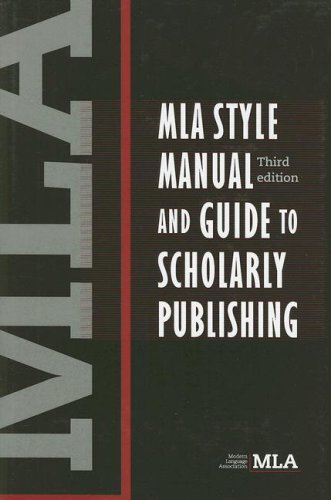Citing Resources
Avoiding Plagiarism
Plagiarism is the act of using another person's ideas or writing as your own. Typically, when you write a research paper, you use primary and secondary sources to support your original ideas and interpretations. Consulting such sources and using them to help you write your paper is appropriate—as long as you keep a few simple things in mind.
1. Paraphrase.
2. Put quotation marks around others' original ideas.
3. Always cite the source.
_________________________________
When in doubt, always ask your professor or refer to the Citation Style Manual Book (APA, MLA, Chicago, etc.) that your class is using.
Library Databases
A number of the library’s research databases automatically generate citations or provide tips for citing their resources. Consult the database menu, under Help, or look for "How to Cite" links.



Online Citation Guides
Diana Hacker's Research and Documentation Online - Social Science
Women's Studies
Duke University Citing Sources Guide
Provides guidelines for citing both print and electronic sources in MLA, APA, Chicago, Turabian, and CSE (formerly called CBE) styles. Sample citations provided.
APA Style guide
from the University of Wisconsin/Madison
Doc Scribe's Guides to Research Styles provides guides to formatting and documenting research papers in AMA, APA, ASA, CBE, Chicago, and MLA styles.
Evaluating Journal Articles
Articles in databases have already been published, and have gone through a review and editing process, unlike web sites. But it is still a good idea to evaluate articles to determine whether they are suitable for your research.
Source - Look for articles from scholarly journals, written by experts in the subject. There will be references that can lead you to additional books and articles on the topic. In some databases, you can limit your search by type of article -- a research article, an editorial, a review, or a clinical trial.
Length - The length of the article, noted in the citation, can be a good clue as to whether the article will be useful for research.
Authority - Use authoritative sources in your research. Use articles written by experts in the subject area, and who are affiliated with an academic institution.
Date – research in many subjects requires the most current information available. Is the article sufficiently up-to-date for your purpose?
Audience - For what type of reader is the author writing? If an article is written for other professionals, it will use terms and language special to the subject area.
Usefulness - Is the article relevant to your research topic?
Also - - Evaluating Scholarly Content - Tutorial on finding and evaluating scholarly materials online -- Includes a section on Google Scholar.
Evaluating Websites
From Johns Hopkins University: Evaluating Information Found on the Internet
Evaluating Web Pages UC Berkeley Libraries
Longer description of a process that starts with looking at search results, investigates the page contents, and then looks beyond the page for information about it or its author(s).
• Web Page Evaluation Checklist
From Cornell University: Five Criteria for Evaluating Web pages
Writing Tools
-
Annotated BibliographiesThis guide describes how to prepare an annotated bibliography and provides examples
Writing Center @ Fresno State
The Fresno State Writing Center is a resource for any student looking for help on any stage of the writing process.
You can enroll in a one-unit Group Tutorial in which you meet for 2 hours a week with two other students and a tutor.
The Writing Center also offers one-on-one Walk-in tutoring, and accepts Online submissions for feedback.